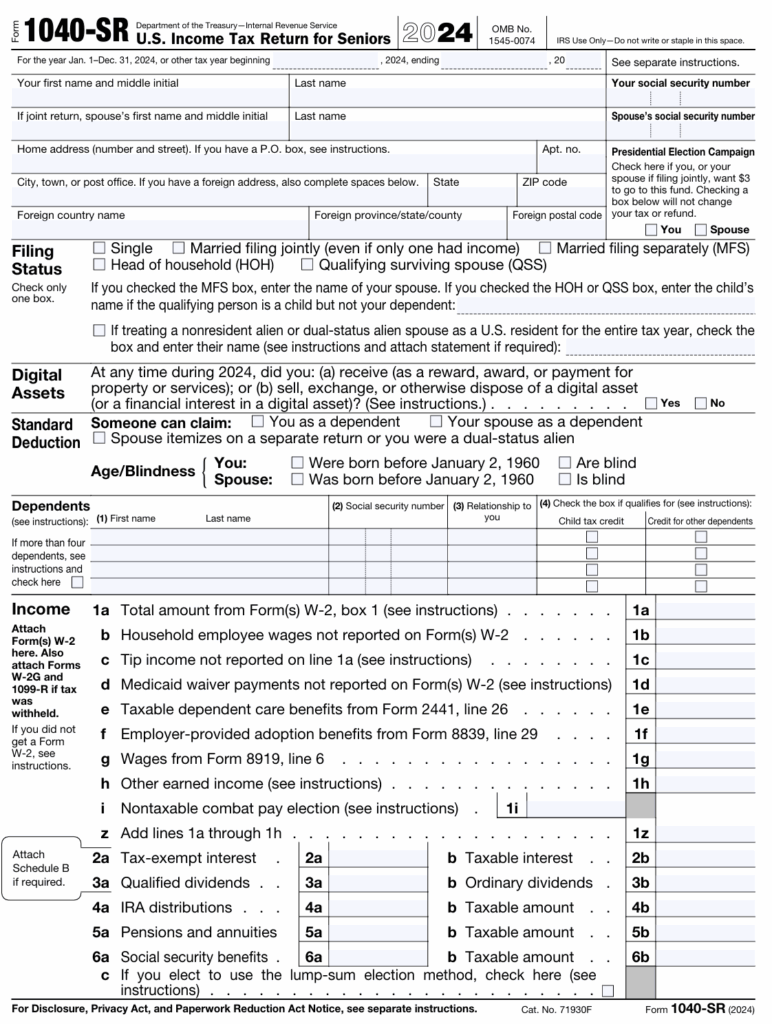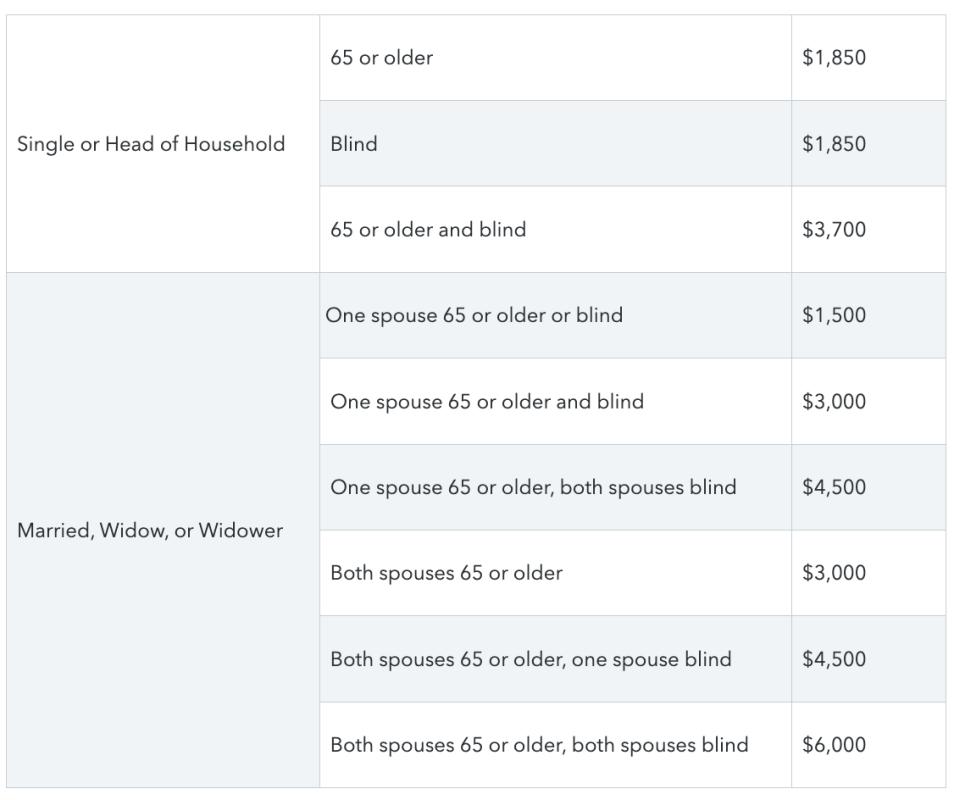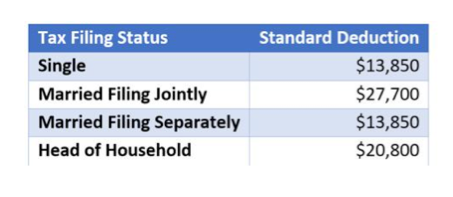All You Need to Find Out About the Foreign Earned Revenue Exemption and Its Link to the Typical Reduction
The Foreign Earned Income Exemption (FEIE) presents a crucial opportunity for united state residents and resident aliens functioning abroad to lower their gross income. Comprehending the eligibility requirements and declaring process is necessary. Nevertheless, the communication between the FEIE and the typical deduction can complicate tax obligation strategy. Missteps in navigating these rules can bring about missed benefits. Checking out these aspects discloses vital information for effective tax obligation planning and taking full advantage of economic benefits.
Understanding the Foreign Earned Revenue Exclusion (FEIE)
The Foreign Earned Earnings Exemption (FEIE) serves as a vital tax obligation stipulation for U.S. citizens and resident aliens who work abroad, allowing them to omit a substantial section of their foreign-earned revenue from U.S. federal tax. This stipulation is essential for people living outside the United States, as it aids minimize the economic worry of dual taxes on income gained in foreign nations. By making use of the FEIE, qualified taxpayers can minimize their gross income substantially, promoting financial security while living and working overseas. The exemption quantity is readjusted annually for rising cost of living, ensuring it reflects current economic conditions. The FEIE is particularly useful for those in regions with a higher price of living, as it enables them to maintain more of their revenues. Comprehending the auto mechanics and effects of the FEIE equips migrants to make informed monetary decisions and maximize their tax situations while residing abroad.
Eligibility Requirements for the FEIE
To certify for the Foreign Earned Earnings Exemption, people need to meet particular eligibility needs that include the Residency Test and the Physical Presence Examination. In addition, employment condition plays an essential function in establishing qualification for this tax obligation advantage. Recognizing these requirements is important for anybody looking for to benefit from the FEIE.

Residency Examination Criteria
Figuring out qualification for the Foreign Earned Income Exclusion (FEIE) rests on meeting specific residency examination standards. Mainly, people should establish their tax home in an international nation and demonstrate residency via either the authentic house test or the physical presence test. The authentic residence examination calls for that a taxpayer has developed an irreversible home in an international country for a nonstop duration that spans an entire tax obligation year. This entails demonstrating intent to make the international place a primary home. Furthermore, the taxpayer should exhibit ties to the foreign country, such as securing real estate, family members, or work links. Satisfying these residency standards is essential for receiving the FEIE and effectively reducing tax responsibilities on made earnings abroad.
Physical Presence Examination
Meeting the residency standards can likewise be achieved with the physical presence examination, which uses an alternate path for getting approved for the Foreign Earned Revenue Exclusion (FEIE) To satisfy this examination, a private must be literally existing in an international nation for at the very least 330 complete days throughout a successive 12-month duration. This need highlights the relevance of actual physical existence, rather than just keeping a house abroad. The 330 days do not need to be consecutive, enabling for versatility in traveling plans. This test is specifically useful for U.S. homeowners or residents functioning overseas, as it allows them to exclude a significant section of their international gained revenue from U. FEIE Standard Deduction.S. taxation, thus lowering their general tax obligation
Employment Status Requirements
Eligibility for the Foreign Earned Income Exclusion (FEIE) depends upon details work standing requirements that individuals have to meet. To qualify, taxpayers must show that their earnings is acquired from foreign resources, normally through employment or self-employment. They need to be either an U.S. resident or a resident alien and maintain a tax obligation home in an international nation. Additionally, people have to satisfy either the Physical Presence Examination or the Bona Fide House Examination to develop their foreign status. Freelance individuals need to report their internet profits, guaranteeing they do not exceed the well-known exclusion limits. It's essential for applicants to keep appropriate paperwork to corroborate their claims relating to work condition and foreign income throughout the tax obligation year.
How to Declare the FEIE

Qualification Demands Described
For people looking for to profit from the Foreign Earned Income Exclusion (FEIE), comprehending the eligibility requirements is crucial. To certify, one should fulfill 2 primary tests: the bona fide house test or the physical visibility examination. The authentic residence examination puts on those who have developed an irreversible residence in a foreign country for a continuous period, normally a year or more. Alternatively, the physical visibility test requires people to be physically present in a foreign country for a minimum of 330 days during a 12-month duration. FEIE Standard Deduction. Furthermore, just made earnings from foreign resources certifies for exemption. Meeting these criteria is essential for taxpayers desiring to decrease their taxable income while staying abroad
Necessary Tax Return
How can one effectively declare the Foreign Earned Income Exemption (FEIE)? To do so, certain tax forms should be utilized. The key kind required is internal revenue service Kind 2555, which allows taxpayers to report foreign made earnings and assert the exemption. This type calls for thorough details regarding the individual's foreign residency and the income made while living abroad. Additionally, if asserting the exclusion for housing prices, Type 2555-EZ may be utilized for simpleness, you could check here supplied particular standards are met. It is vital to ensure that all required areas of the types are completed properly to avoid delays or concerns with the IRS. Recognizing these forms is vital for making the most of the benefits of the FEIE.
Filing Process Actions
Claiming the Foreign Earned Revenue Exclusion (FEIE) includes a series of well organized and clear actions. Initially, individuals must identify their eligibility, verifying they fulfill the physical existence or bona fide residence tests. Next off, they must finish internal revenue service Form 2555, outlining income earned abroad and any type of appropriate exemptions. It is essential to collect sustaining documentation, such as international tax returns and evidence of residence (FEIE Standard Deduction). After completing the type, taxpayers ought to affix it to their annual tax return, generally Form 1040. Filing digitally can streamline this process, but making certain accurate information is important. People must keep copies of all sent kinds and sustaining files for future recommendation in instance of audits or queries from the IRS.
The Standard Reduction: A Review
The common reduction works as an essential tax advantage that streamlines the filing process for lots of people and family members. This reduction allows taxpayers to lower their taxed revenue without the need to make a list of reductions, making it an attractive choice for those with uncomplicated economic situations. For the tax year, the basic deduction amount varies based on declaring standing, with various limits for solitary filers, couples submitting jointly, and heads of household.
The basic deduction is changed annually for inflation, guaranteeing its relevance gradually. Taxpayers that certify can pick between the basic reduction and detailing their reductions, usually going with the better benefit. By giving a baseline reduction, the standard reduction supports taxpayers in reducing their general tax obligation, thereby enhancing their monetary placement. Recognizing the conventional reduction is vital for reliable tax planning and making best use of possible cost savings for family members and individuals alike.
Interaction Between FEIE and Typical Deduction
While both the Foreign Earned Income Exemption (FEIE) and the conventional reduction serve to decrease gross income, their interaction can greatly affect a taxpayer's total tax liability. Taxpayers that get the FEIE can omit a considerable amount of their foreign-earned income, which may affect their eligibility for the typical deduction. Specifically, if a taxpayer's international income is entirely left out under the FEIE, their gross income may drop listed below the limit necessary to declare the standard deduction.
It is essential to note that taxpayers can not double-dip; they can not use the exact same revenue to declare both the FEIE and the basic deduction. This implies that cautious factor to consider is needed when determining the very best technique for tax reduction. Eventually, understanding how these 2 arrangements interact makes it possible for taxpayers to make educated choices, guaranteeing they optimize their tax obligation advantages while remaining compliant with IRS policies.
Tax Obligation Benefits of Utilizing the FEIE
Making Use Of the Foreign Earned Income Exclusion (FEIE) can offer noteworthy tax benefits for united state residents and resident aliens living and working abroad. This exemption permits eligible individuals to omit a particular amount of foreign-earned earnings from their gross income, which can bring about significant tax cost savings. For the tax obligation year 2023, the exclusion quantity depends on $120,000, considerably minimizing the taxed earnings reported to the internal revenue service.

Additionally, the FEIE can aid avoid dual taxation, as foreign taxes paid on this earnings might also be eligible for reductions or credits. By purposefully making use of the FEIE, taxpayers can maintain more of their revenue, enabling boosted monetary security. The FEIE can be advantageous for those that certify for the bona fide residence examination or physical existence examination, giving versatility in managing their tax commitments while living overseas. On the whole, the FEIE is a beneficial device for migrants to maximize their funds.

Typical Blunders to Avoid With FEIE and Standard Reduction
What pitfalls should taxpayers be conscious of when declaring the Foreign Earned Earnings Exemption (FEIE) alongside the conventional reduction? One typical blunder is thinking that both advantages can be asserted concurrently. Taxpayers should comprehend that the FEIE should be asserted before the typical reduction, as the exemption fundamentally lowers gross income. Failing to meet the residency or physical visibility tests can additionally result in ineligibility for the FEIE, resulting in unexpected tax obligations.
In addition, some taxpayers overlook the requirement of proper documentation, such as keeping records of international revenue and travel dates. An additional regular mistake is miscalculating the exemption amount, possibly because of inaccurate kinds or misconception of tax obligation regulations. Ultimately, people should maintain in mind that declaring the FEIE could influence qualification for specific tax obligation credit scores, which can complicate their total tax circumstance. Recognition of these risks can assist taxpayers navigate the complexities of international taxes better.
Regularly Asked Questions
Can I Assert FEIE if I Live Abroad Part-Time?
Yes, a person can declare the Foreign Earned Earnings Exclusion if they live abroad part-time, provided they satisfy the needed requirements, such as the physical visibility or bona fide residence examinations described by the internal revenue service.
Does FEIE Affect My State Tax Obligation Obligations?
The Foreign Earned Earnings Exemption (FEIE) does not directly impact state tax obligation responsibilities. States have differing rules relating to income gained abroad, so people ought visit homepage to consult their details state tax obligation regulations for precise guidance.
Are There Any Expiry Dates for FEIE Claims?
Foreign Earned Income Exemption (FEIE) claims do not have expiration days; however, they have to be asserted every year on tax returns. Failing to claim in a given year might result in lost exemption advantages for that year.
Exactly How Does FEIE Impact My Social Protection Advantages?
The Foreign Earned Earnings Exemption (FEIE) does not directly influence Social Safety and security benefits, as these advantages are based on life time profits. Left out income may minimize general earnings, potentially impacting future benefit calculations.
Can I Withdraw My FEIE Case After Submitting?
Yes, a person can revoke their Foreign Earned Earnings Exclusion insurance claim after filing. This retraction should be submitted via the appropriate tax return, and it will impact their tax commitments and potential reductions progressing.
The Foreign Earned Earnings Exemption (FEIE) presents an essential opportunity for United state people and resident aliens functioning abroad to decrease their taxable earnings. Recognizing the Foreign Earned Revenue Exclusion (FEIE)
The Foreign Earned Income Exclusion EarningsFEIE) serves as offers essential tax vital tax obligation Arrangement citizens and people aliens who work abroadFunction allowing them enabling exclude a leave out portion substantial Continued their foreign-earned income from Revenue federal united stateGovernment While both the Foreign Earned Income Exclusion (FEIE) and the standard reduction serve to decrease taxable income, their communication can significantly influence a taxpayer's general tax obligation obligation. Using the Foreign Earned Revenue Exclusion (FEIE) can provide notable tax obligation benefits for United state residents and resident aliens living and functioning abroad. Foreign Earned Earnings Exclusion (FEIE) insurance claims do not have expiration days; however, they need to be declared annually on tax obligation returns.